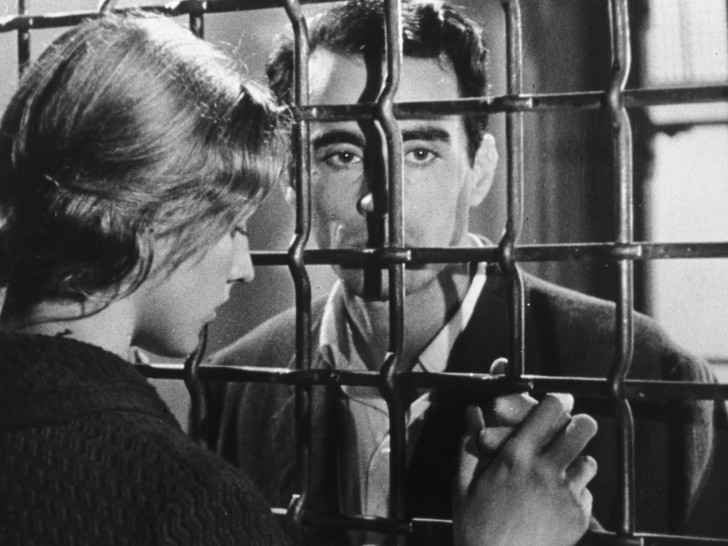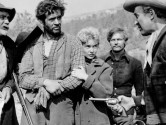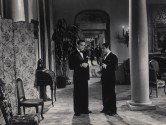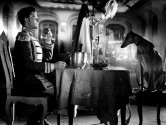
Pickpocket
With Martin Lassalle, Marika Green, Pierre Leymarie.
France, 1959, 35mm, black & white, 75 min.
French with English subtitles.
Print source: HFA
The first film for which director Robert Bresson composed an entirely original script, this tale of a lonely young man who embarks on a career as a petty thief was to some extent inspired by Crime and Punishment. In Pickpocket, however, Bresson deals more directly with themes of submission and salvation. "With theft I entered by the back door into the kingdom of morality," the director stated. After being arrested, Bresson’s novice thief reflects on the morality of a life of crime but, although temporarily deterred, returns to his "vocation" after lessons from a master pickpocket. Voted by Cahiers du cinéma as the greatest French film of the postwar era, Bresson’s masterpiece has been praised by generations of fellow directors, including Louis Malle, who described its continuing impact: "On its first viewing, it risks burning your eyes. . . . The appearance of Pickpocket is one of the four or five major events in the history of cinema."
As much an innovator of live-action films as of animation, McLaren created a sublime work of choreography for the camera in this uncanny rendering of a simple pas de deux.






















